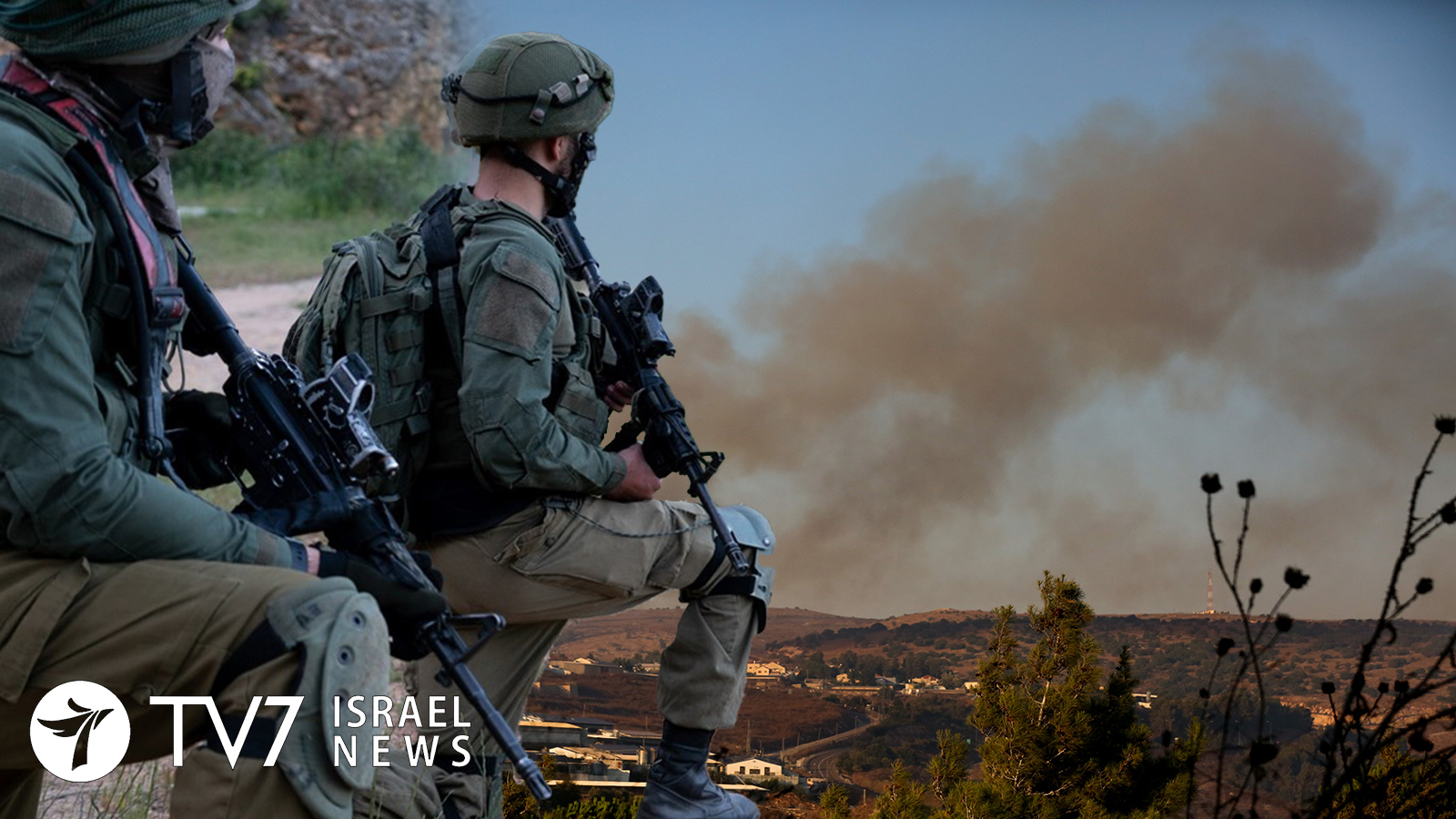The country’s Prime Minister Hassan Diab led a high-level delegation to the headquarters of the United Nations Interim Force in Lebanon, commonly known by its acronym UNIFIL. The peacekeeping force is effectively mandated to preserve calm on the Israeli-Lebanese border, in accordance with U.N. Security Council Resolution 1701 – which is the technical document that brought an end to hostilities between Israel and the Lebanese Iranian-proxy Hezbollah in 2006. Over the course of the past year, Israel and the United States have been lobbying for the powers of UNIFIL’s mandate to be enhanced, because of its inability to enforce a growing number of breaches along the border, including numerous infiltration attempts in recent months. While Jerusalem and Washington emphasized that UNIFIL’s mandate, which is set to expire in August 2020, will not be renewed unless its powers are enhanced – Beirut continues to vehemently rejects any change to the mandate, including the deployment of additional peacekeepers to the region. “Lebanon is committed to the implementation of Resolution 1701, to the role of United Nations forces and to the preservation of its mandate and number of personnel without any modification,” Hassan Diab, Lebanese Prime Minister.
While Premier Diab highlighted his country’s objection to the modification of deployed peacekeepers – he did not shy away from praising the cooperation between UNIFIL and the Lebanese Armed Forces in an area that is predominantly controlled by the Iranian-proxy Hezbollah. “I also reaffirm the importance of the continued coordination and close cooperation between UNIFIL and the Lebanese Army, thereby facilitating the UNIFIL’s mission and fostering the confidence of the people of the south (of Lebanon),” Hassan Diab, Lebanese Prime Minister.
